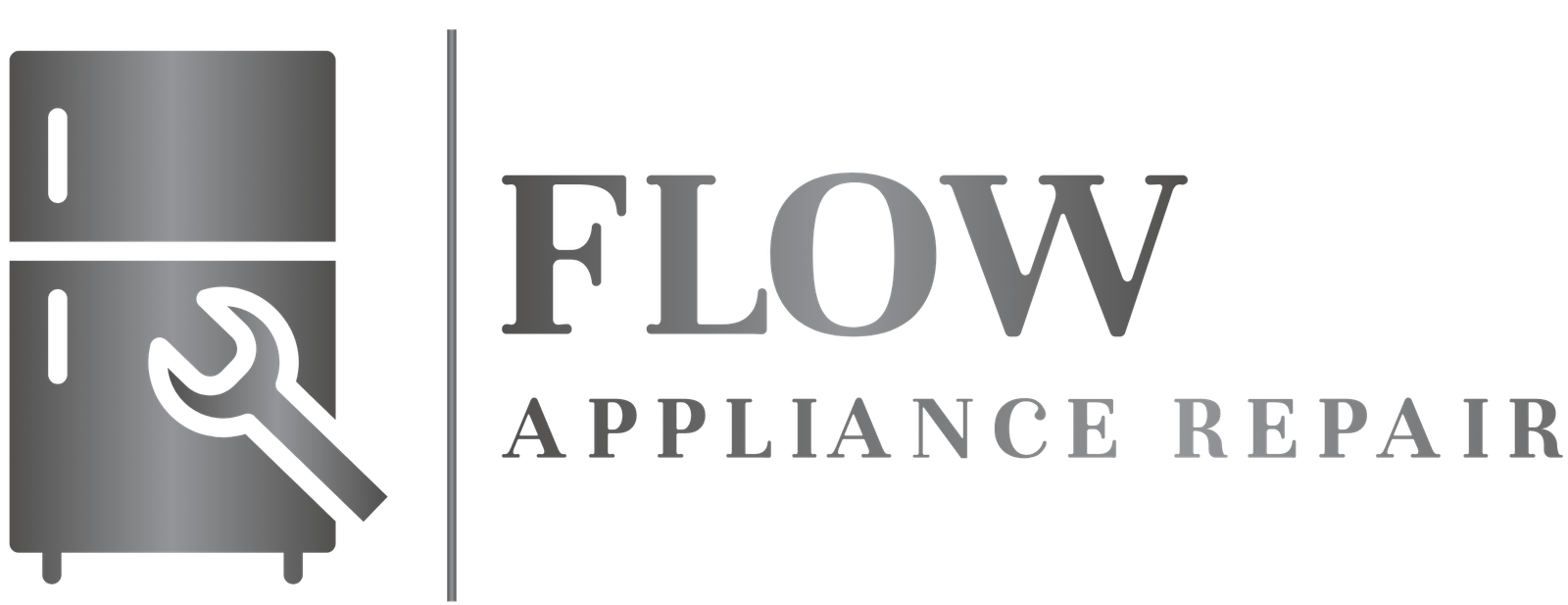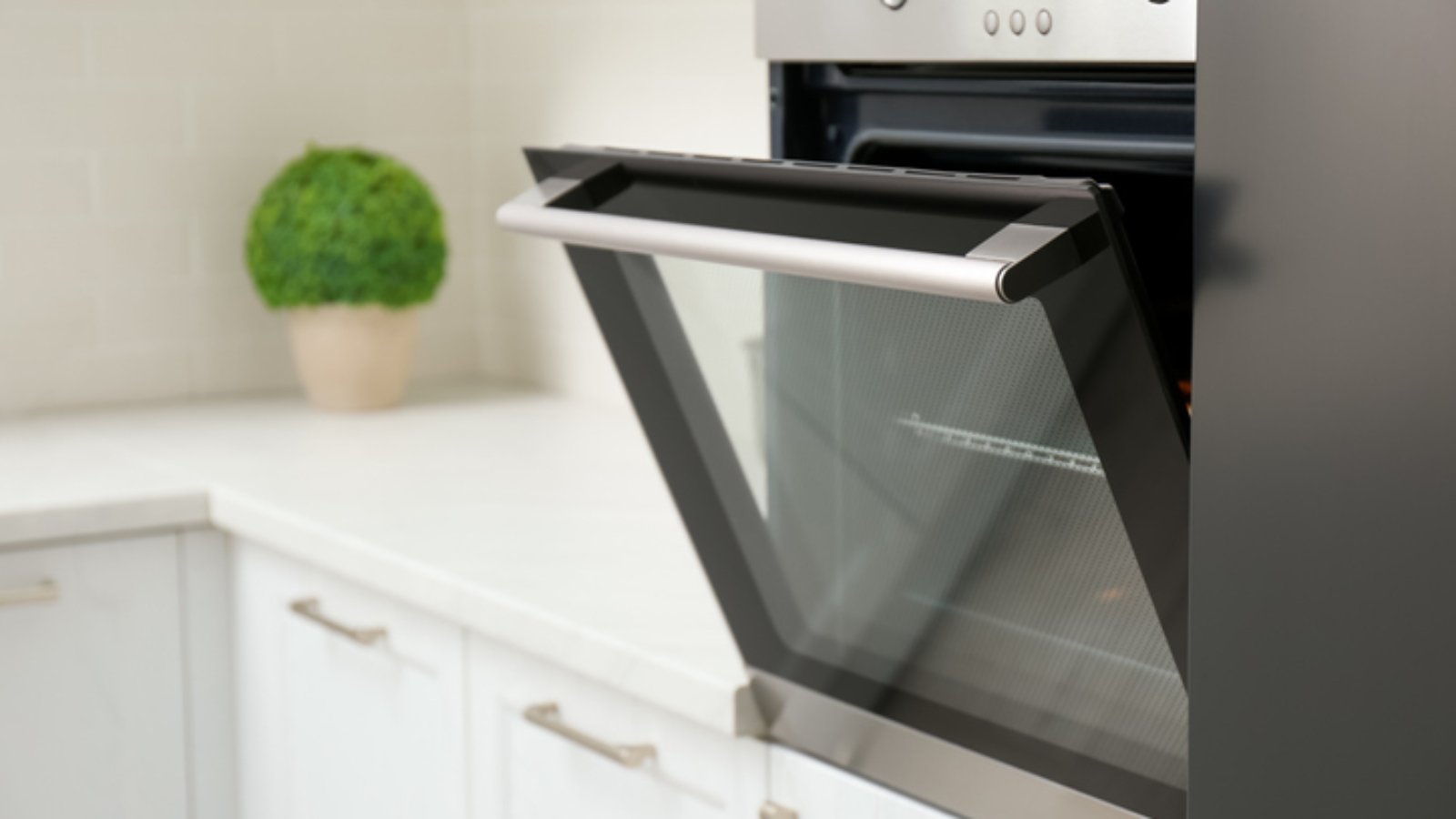oven repair service
Oven Repair 101: When to Call a Pro, DIY Fixes, and Common Issues is an informative article that provides valuable insights into maintaining and troubleshooting ovens. With a formal tone, it aims to guide readers on understanding when professional help is necessary, offering do-it-yourself solutions, and addressing common problems. This comprehensive piece serves as a reliable resource for individuals seeking guidance on oven repair.
Your oven is one of the hardest working appliances in your kitchen. From baking delicious treats to roasting mouth-watering meals, it’s a culinary workhorse. However, like any machine, ovens can malfunction and require repair. In this comprehensive guide, we’ll dive into the world of oven repair, exploring DIY fixes, when to call in a professional appliance repair in Ashville, and the most common oven problems you might encounter.
DIY Oven Repairs: Roll Up Your Sleeves
Before calling appliance technician in , there are several oven issues that you can potentially fix yourself. With a little elbow grease and the right tools, you can save money and gain a sense of accomplishment. However, it’s crucial to exercise caution and follow all safety protocols when attempting DIY repairs.
- Faulty Oven Light A burnt-out oven light can be a frustrating problem, making it difficult to monitor your food’s progress. Fortunately, replacing the oven light is a relatively simple task. First, ensure that the oven is turned off and cooled down completely. Then, locate the oven light cover, typically made of glass or plastic, and remove it. Unscrew the old bulb and replace it with a new one designed specifically for oven use. Reattach the cover, and voila! Your oven will be illuminated once again.
- Stuck Oven Door A stuck oven door can be a major inconvenience, preventing you from accessing your oven altogether. In some cases, this issue can be resolved by cleaning the door hinges and tracks. Use a soft cloth and a mild degreaser to remove any built-up grime or debris that might be causing the door to stick. If the problem persists, you may need to adjust the door hinges or replace faulty components.
- Igniter Failure (Gas Ovens) If your gas oven isn’t heating up properly, the igniter may be the culprit. The igniter is responsible for igniting the gas, allowing the oven to heat up. To check if the igniter is faulty, turn on your oven and observe the igniter through the oven window. If it doesn’t glow or spark, it likely needs to be replaced. This repair typically involves removing the igniter and installing a new one – a task that may require a bit of disassembly but is generally manageable for DIYers.
When to Call a Professional Oven Repair Technician
While some oven repairs can be tackled by handy homeowners, there are instances when it’s best to call in a professional. Here are a few scenarios where enlisting the help of a skilled technician is recommended:
- Electrical Issues If you suspect an electrical problem with your oven, it’s best to leave it to the professionals. Electrical repairs can be dangerous if not handled properly, and a single mistake could lead to serious consequences. Qualified technicians have the knowledge and tools to diagnose and fix electrical issues safely. Contact | Appliance Repair
- Complex Repairs Some oven repairs are simply too complex for the average DIYer. If you find yourself dealing with intricate components or intricate disassembly procedures, it’s wise to seek professional assistance. Attempting complex repairs without the necessary expertise can lead to further damage or even safety hazards.
- Gas Line Repairs Any issues involving gas lines should be handled by a licensed professional. Gas leaks can be extremely dangerous and pose a significant risk of fire or explosion. If you suspect a gas line problem with your oven, it’s crucial to call a qualified technician immediately.
- Warranty Considerations If your oven is still under warranty, it’s generally recommended to have it repaired by an authorized service provider. Attempting DIY repairs may void the warranty, leaving you responsible for any future issues or costs.
Common Oven Problems and Their Causes
To better understand when professional assistance might be necessary, let’s explore some of the most common oven problems and their potential causes:
- Uneven Heating If your oven is heating unevenly, leaving some areas hotter than others, there could be several potential culprits. The issue could stem from a faulty heating element, a malfunctioning thermostat, or even poor insulation within the oven cavity.
- Temperature Fluctuations Inconsistent temperature readings or fluctuations during cooking can be frustrating and affect the quality of your dishes. This problem might be caused by a faulty temperature sensor, a failing thermostat, or issues with the oven’s control board.
- Strange Noises If your oven is making unusual noises, such as buzzing, humming, or rattling, it could indicate a problem with the oven’s components. Loose parts, a failing fan motor, or issues with the convection system could be the source of the noise.
- Self-Cleaning Cycle Failure Many modern ovens feature a self-cleaning cycle that uses high temperatures to burn off any built-up grime or residue. If this cycle isn’t working correctly, it could be due to a faulty door lock, temperature sensor issues, or problems with the control board.
- Ignition Failure (Gas Ovens) In gas ovens, ignition failure can occur due to a variety of reasons, including a faulty igniter, clogged gas lines, or issues with the gas safety valve. If your gas oven isn’t igniting properly, it’s essential to address the problem promptly to avoid potential safety hazards.
Maintaining Your Oven for Optimal Performance
Prevention is always better than cure, and maintaining your oven can help prevent many common issues from arising. Here are some simple tips to keep your oven in top shape:
- Regular Cleaning Keeping your oven clean is crucial for its proper functioning. Built-up grease, food residue, and spills can not only affect the oven’s performance but also pose a fire hazard. Make sure to clean your oven regularly, following the manufacturer’s instructions.
- Inspect Door Seals The door seals play a vital role in maintaining the oven’s temperature and preventing heat loss. Inspect the seals periodically for any cracks, gaps, or signs of wear and tear. If the seals are damaged, replace them promptly to ensure optimal oven performance.
- Check Oven Racks and Guides Oven racks and guides can become misaligned or damaged over time, making it difficult to slide racks in and out smoothly. Inspect them regularly and replace any worn or damaged components to prevent further issues.
- Follow Manufacturer Guidelines Always refer to your oven’s user manual and follow the manufacturer’s guidelines for proper usage and maintenance. This can help extend the lifespan of your oven and prevent potential problems.
Conclusion
Oven repair can be a daunting task, but with the right knowledge and approach, you can tackle many issues yourself or determine when professional assistance is necessary. By understanding common oven problems, their causes, and appropriate DIY fixes, you can save money and ensure your oven continues to perform at its best. Remember, safety should always be a top priority when attempting any repairs, and if you’re ever unsure, it’s best to call in a qualified technician. With proper maintenance and timely repairs, your oven will continue to be a reliable companion in your culinary adventures.


Add a Comment